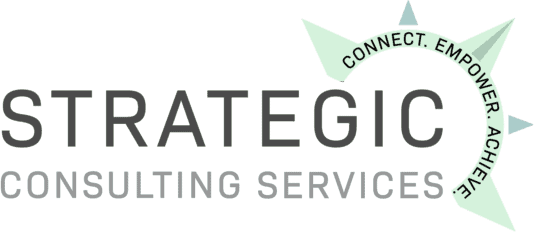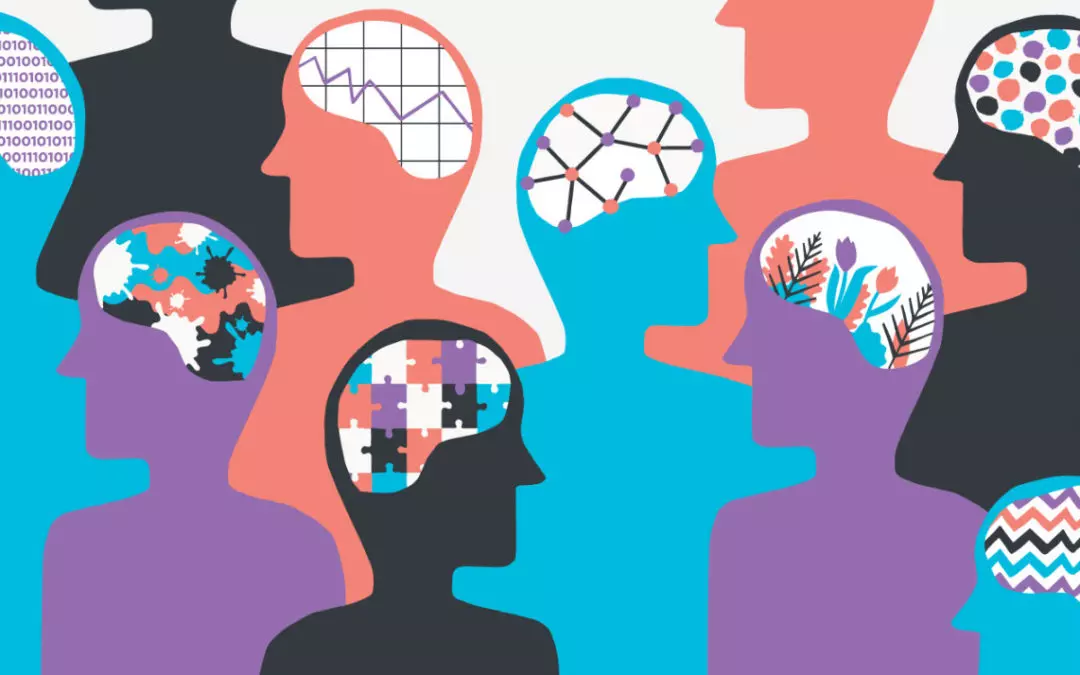May employers, especially in the tech sector, are embracing an interesting demographic shift: the sharp increase in the neurodiverse workforce, made up of workers with autism, ADHD, dyslexia, Tourette’s syndrome, and other learning and mental health differences.
Roxanne Hobbs, an author and coach who specializes in diversity, says, “We have to welcome, accommodate and support a wider range of ‘normal,’ and only then will we benefit from the extraordinary difference the diverse minds can bring.”
Differences are Not Deficits
As John Elder Robinson writes on Psychology Today, “Neurological differences like autism and ADHD are the result of normal, natural variation in the human genome,” and he continues to lay out the case that neurodivergent individuals bring a unique set of talents that can complement a workforce.
According to experts, when organizations leverage neurodivergent talent pools, it can be a competitive advantage. Most managers are familiar with the advantages organizations can gain from diversity in the employees’ backgrounds. Benefits from neurodiversity are similar but more direct. Because neurodiverse people are wired differently from “neurotypical” people, they may bring new perspectives to a company’s efforts to create or recognize value.
Some Benefits Employers are Seeing from Hiring a Neurodiverse Workforce
According to Ajay Kaul’s article in InformationWeek, organizations that have embraced neurodiversity have seen enhanced overall employee morale and positive impacts on organizational culture. He goes on to describe some specific benefits, such as:
- A Wider Talent Pool: Employers can widen the organizational talent pool and recruit new talent by being neurodiverse inclusive.
- Increased Rate of Innovations: Because neurodiverse people’s minds can work unconventionally, it provides a broader range of possibilities and solutions.
- More Focused and Creative Employees: Neurodiverse minds are often less impacted by external distractions.
- Enhanced Management and Leadership Skills: As management works with neurodiverse minds, they strengthen their own leadership qualities and become more inclusive.
Some Best Practices for a Workforce Inclusive of Neurodivergent People
Shift to a ‘Long-Term’ Mindset
It takes ‘buy-in’ from the entire organization to successfully integrate an influx of diverse employees. Hiring practices need to be adjust and accommodations will need to be planned for. Occasionally, neurodivergent employees exhibit challenging eccentricities, but the potential returns are great. Obviously, looking at the ‘long-term’ benefits will help justify the short term changes that need to be made.
Workplace Accommodations
Neurodiverse people frequently need workplace accommodations to work comfortably and effectively. A common example is . In many cases the accommodations and challenges are manageable, here are some examples.
- Accommodate Sound Sensitivity: Some autistic employees will be more comfortable wearing headphones to prevent auditory overstimulation. Offer a quiet break space, and communicate expected loud noises (like fire drills).
- Uniform/Tactile Accommodations: Allow modifications to the usual work uniform.
- Accommodate the Need for Movement: Allow the use of fidget toys, allow extra movement breaks, offer flexible seating.
- Use Clear Communication: Provide concise verbal and written instructions for tasks, and break tasks down into small steps. Avoid sarcasm, euphemisms, and implied messages.
- Etiquette: Explain to the neurodivergent employee what the workplace etiquette is and inform the other employees about what they might expect and how to behave with their neurodivergent coworker.
Above all, be kind and be patient.
Strategic Consulting is Your Partner in Managing ADA Issues
Our team is here to help with your disability accommodation issues, vocational rehabilitation needs, ergonomic evaluations, and other employee needs.
For twenty years, we have been helping companies in the Pacific Northwest with worker injuries, disabilities, and other vocational challenges. We are here to support you in this unprecedented era of teleworking and WFM.
We have partnered and provided solutions to some of the largest companies in the world (such as Boeing, Microsoft, and Amazon). But, at our core, we are still “people taking care of people,” one project at a time. Our success is built upon and providing you the best solution to your workplace challenge. Contact us today by filling out a form (below), submitting a referral, or visiting our ‘Contact Us‘ page to find your nearest office.

Ric has been working in the industry since 2002, specializing in developing employer jobsite analysis and light duty programs, ergonomics consultations and adjustments, disability accommodations and providing effective return to work solutions. Ric is Matheson trained in Ergonomics and is a Certified Ergonomics Evaluation Specialist. He earned a Bachelor of Arts Degree in Psychology from Western Washington University and later his Master’s Degree, M.Ed., Education Counseling from Seattle Pacific University. Ric is currently a Registered Vocational Rehabilitation Counselor for the Department of Labor and Industries and has been a Certified Disability Manager Specialist since 2006.

